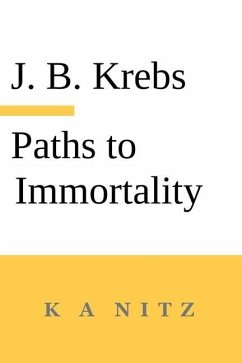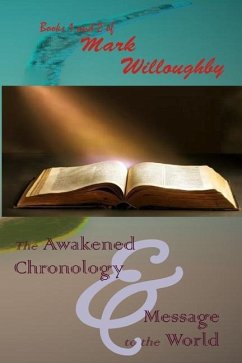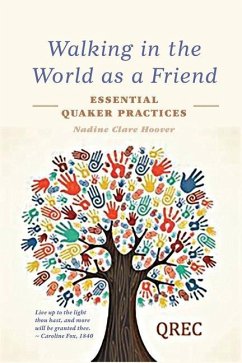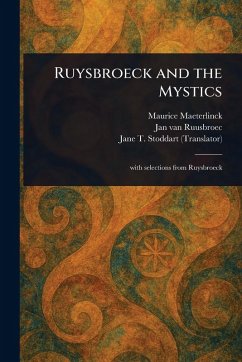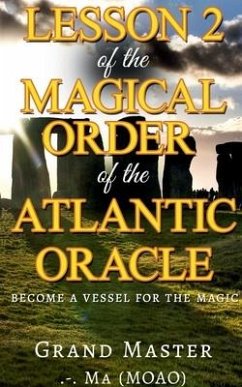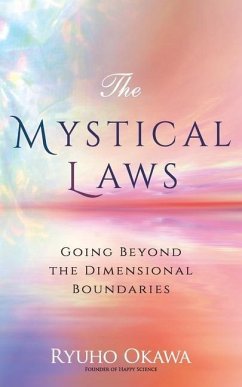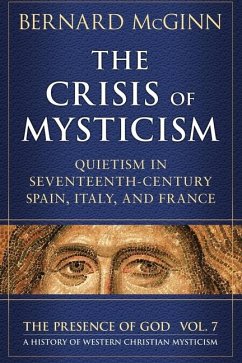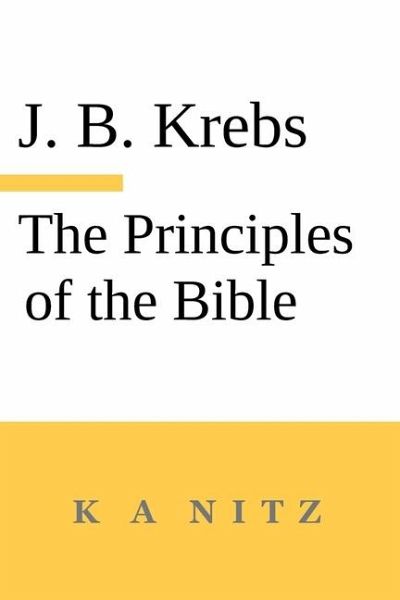
The Principles of the Bible
Versandkostenfrei!
Versandfertig in über 4 Wochen
14,99 €
inkl. MwSt.

PAYBACK Punkte
7 °P sammeln!
Through Socratic dialogue the deep mystical meaning of each line of the Lord's Prayer is revealed, along with the nature of the Bible itself and its message in relationship to us and God. - "The human thinks with horror of death! He devotes himself with delight to the hope of immortality. In these two sentences is contained the quintessence and the goal of our striving, of our wishes and obligations. Fear when faced with death and yearning for life dictate the morals, and in the wildest joy sounds the warning to not let yourself sink entirely. And from that it emerges that the human must be bo...
Through Socratic dialogue the deep mystical meaning of each line of the Lord's Prayer is revealed, along with the nature of the Bible itself and its message in relationship to us and God. - "The human thinks with horror of death! He devotes himself with delight to the hope of immortality. In these two sentences is contained the quintessence and the goal of our striving, of our wishes and obligations. Fear when faced with death and yearning for life dictate the morals, and in the wildest joy sounds the warning to not let yourself sink entirely. And from that it emerges that the human must be born for the hereafter, must possess the ability to prepare himself for it just like for his worldly profession."





